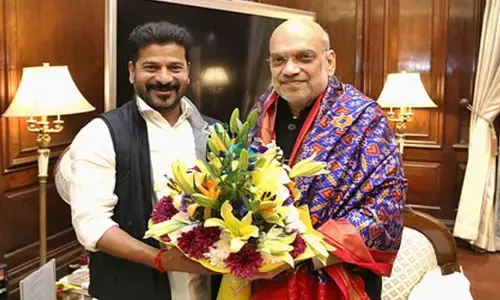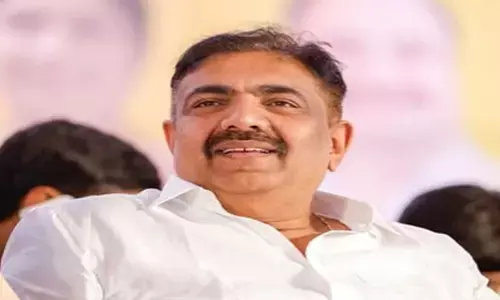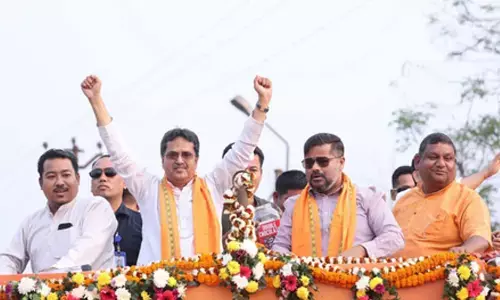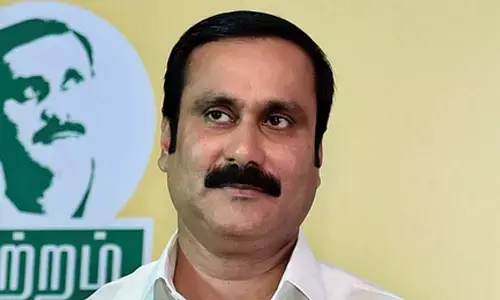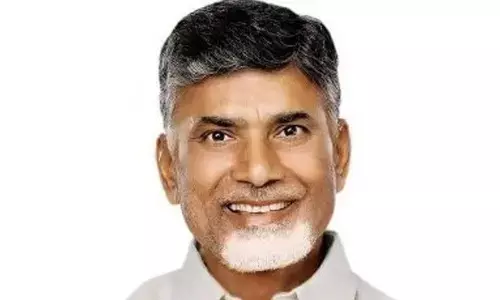Strategic dynamics of India’s new assertiveness
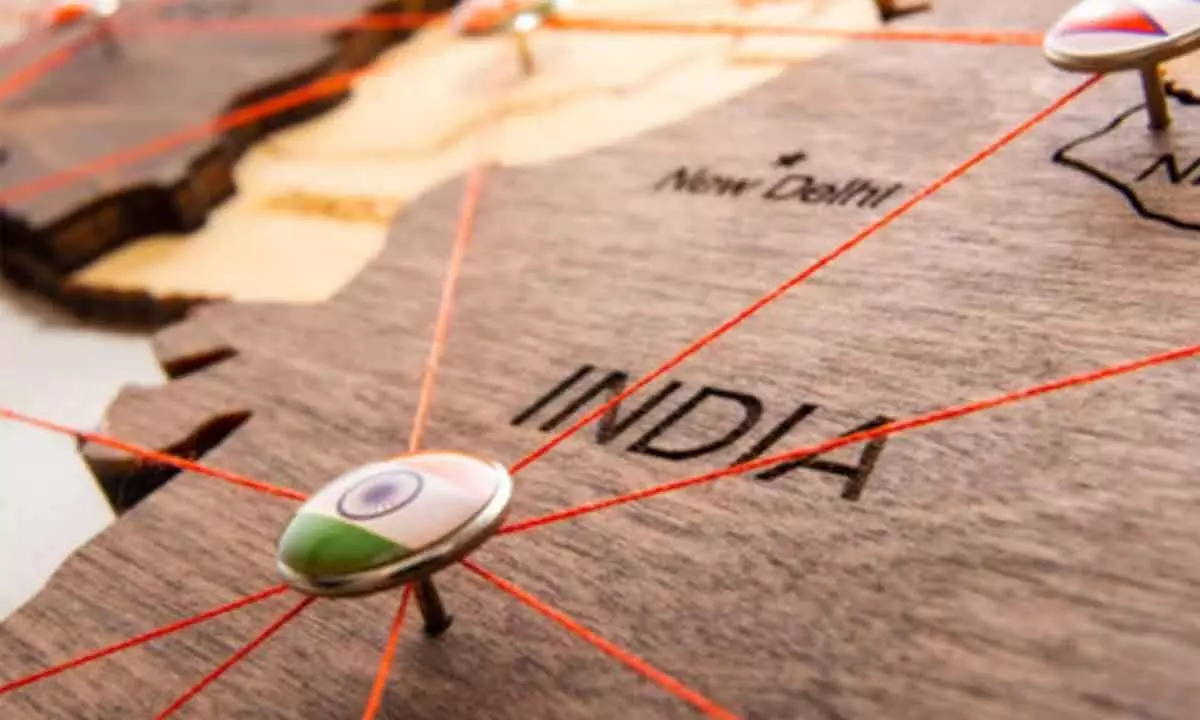
The term ‘Strategic autonomy’ is referred to as a country’s ability, and also its right, to take independent decisions, especially in respect of its security. With growing interdependence on major powers in furtherance of their economic interests, country are increasingly coming under pressure to change their external policies.
In the case of India, one saw how it ably resisted pressures, whether in the case of Jammu and Kashmir or nuclear energy. Lately, at the UN, it exhibited its freedom to steer clear of any bid to rap Russia in the case of Ukraine war, or Israel for waging a war on Gazans.
Last month, India abstained on a resolution at the Human Rights Council that called on Israel for an immediate ceasefire in Gaza and called for arms embargo against Tel Aviv. In contrast, earlier in December 2023, India had voted in favour of a UN resolution that condemned Israeli settlements in the “Occupied Palestinian Territory”. Again, last week, India voted in favour of a UN vote on Palestine’s full membership, which drew fire from Israel. All the while, India has been to carefully calibrate its actions to uphold principles of fairness and moral righteousness.
For over two years, India has been abstaining from various votes on the conflict seeking to censure Russia for its military actions. Economic and security concerns weighed on its decision, despite a heavy pressure from the west. It also could not forget that the Soviet Union used its veto to protect India when the West moved resolutions regarding Kashmir, India’s invasion of Goa and the 1971 war with Pakistan etc.
The latest instance of India’s exercise of its strategic autonomy has drawn the fury of US which has warned of potential sanctions for business deals with Iran. Its warning came just hours after India signed a 10-year contract with Iran to develop and operate the strategically important Chabahar port which lies on Iran’s border with Pakistan. India has for years been engaged in development of the port along the Gulf of Oman, which can help it carry on trade with Iran, Afghanistan and Central Asian countries and Russia, bypassing the port of Karachi and Gwadar in Pakistan. However, US sanctions have been delaying the speedy execution of the port project. Instead of year-on-year renewal of the project, which raised arbitration issues, India went for a 10-year bilateral contract. This is the first time India will take over any overseas port.
India hopes that the US would not impulsively act and desist from any action in view of the port’s utility to a number countries seeking trade with Central Asian countries. In 2016 it excluded Chabahar from its sanctions purview when New Delhi, Tehran and Kabul signed a tripartite agreement on the port in 2016. The US saw the port’s potential to facilitate trade with Afghanistan and its recognition of India’s importance to it in the region to counterbalance Chinese influence. The US didn’t pursue sanctions even after its exit from nuclear deal with Iran in 2018. Later in 2022 also, the US waived sanctions on India for its purchase of the crucial S-400 missile defence system from Russia.
India’s External Affairs Minister S Jaishankar has rightly asserted India’s actions and urged that the West not take a “narrow view” of it. India’s rising economic heft has been of great use to it in pursuit of its strategic interests which in no way have a pernicious effect on other nations. In the politically confused and surcharged arena, India appears to be pursuing a militarily unipolar and economically multipolar policy.


